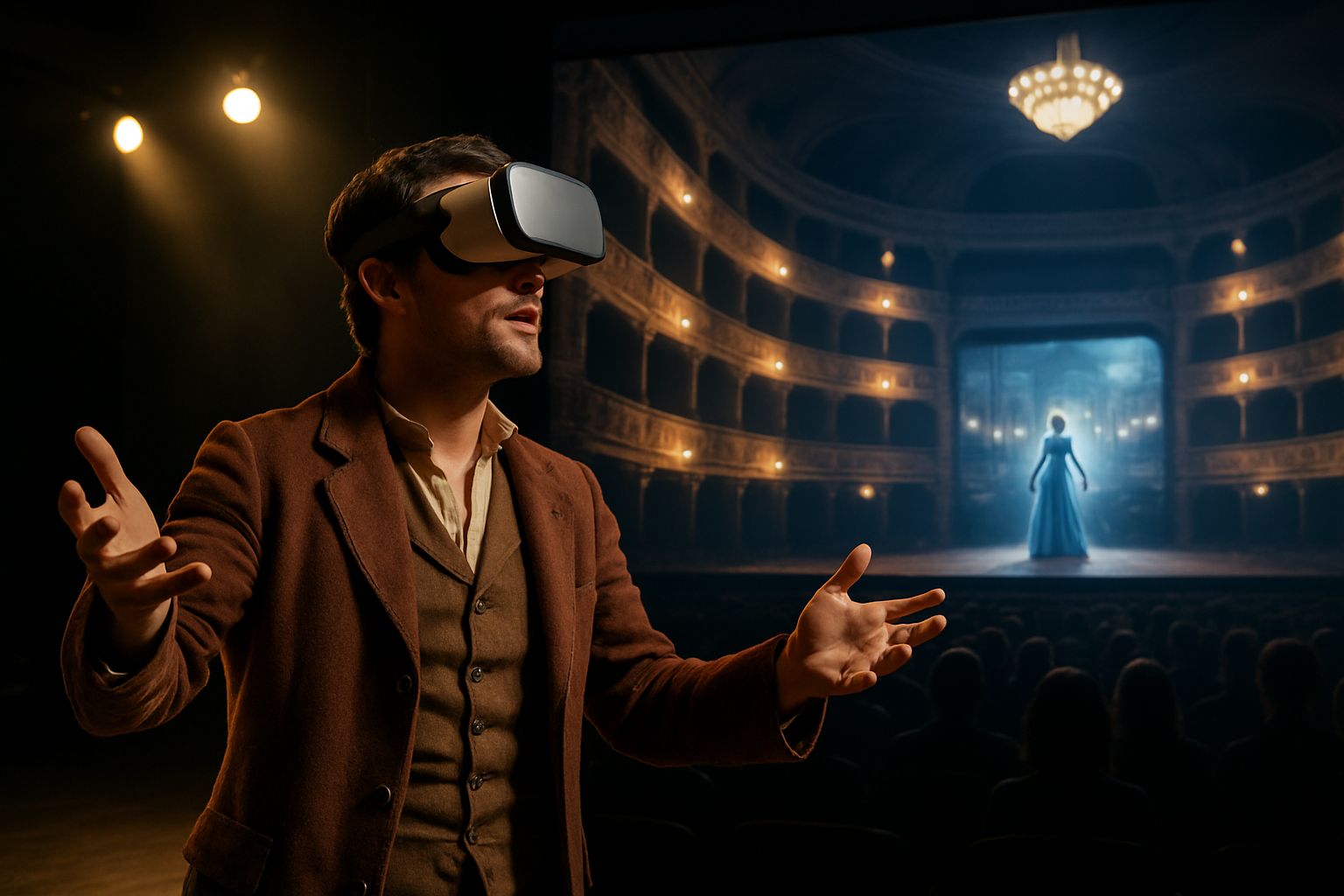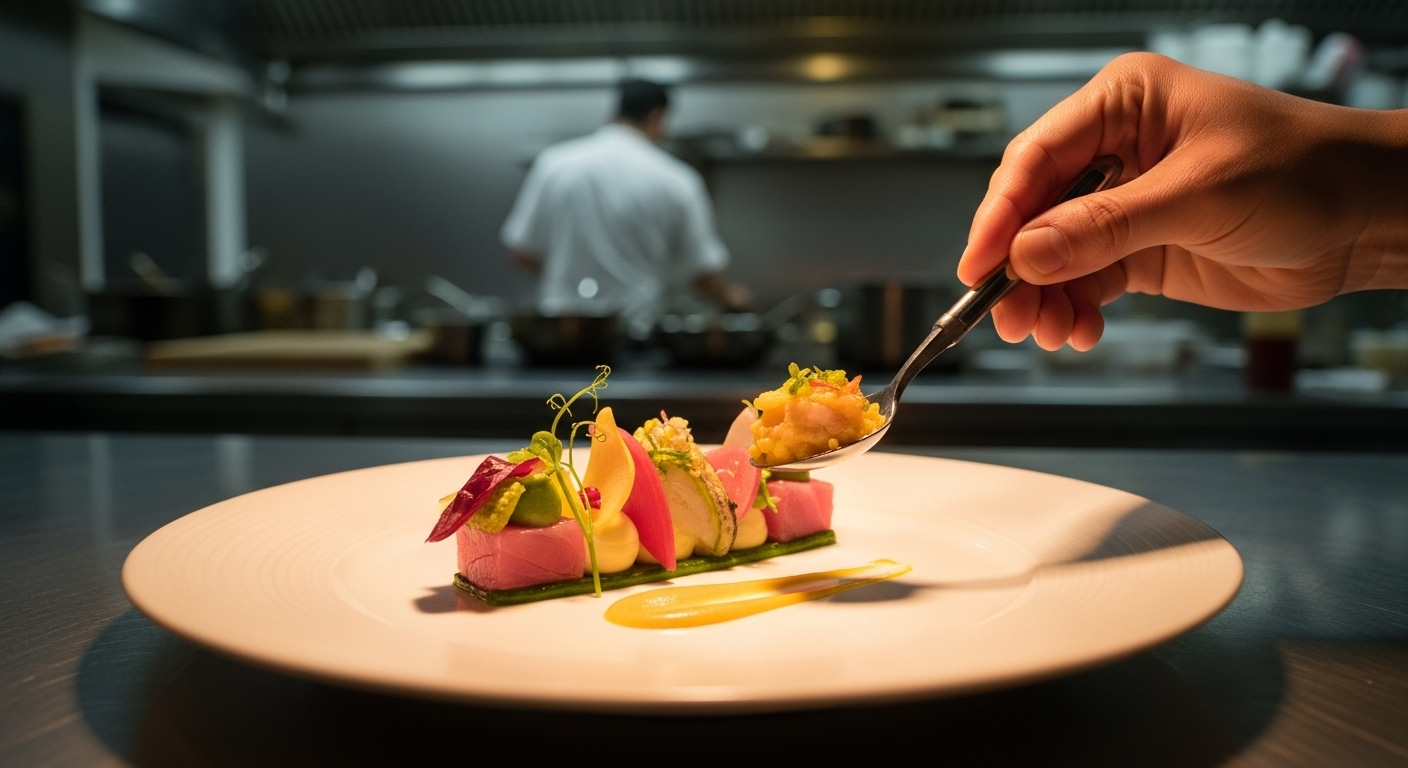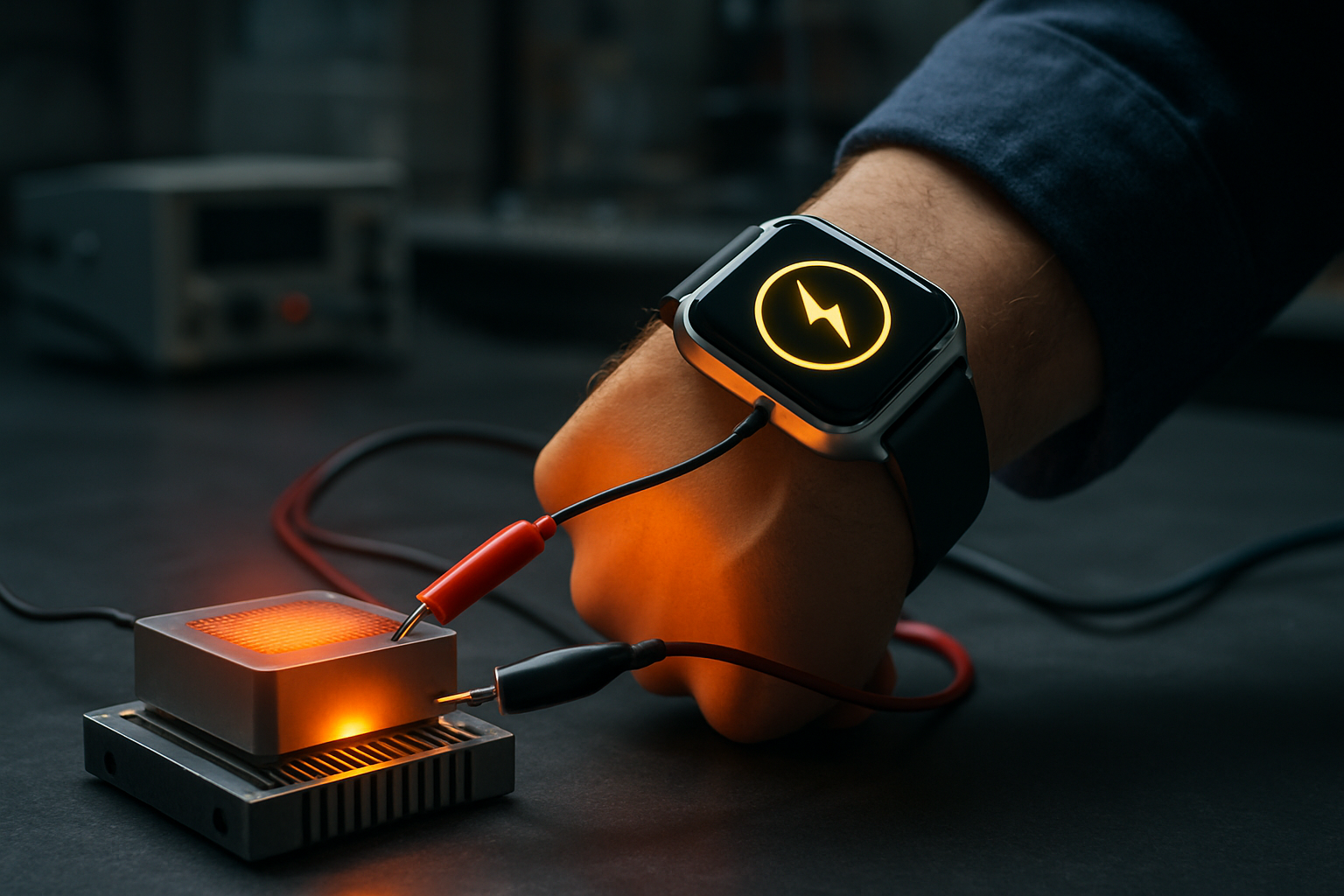Virtual Reality Opera: A New Frontier in Performing Arts
In the ever-evolving landscape of performing arts, a groundbreaking fusion of technology and classical music is taking center stage. Virtual Reality (VR) opera, a cutting-edge blend of traditional operatic performances and immersive digital environments, is revolutionizing how audiences experience this centuries-old art form. This innovative approach is not only attracting tech-savvy millennials but also reinvigorating interest among long-time opera enthusiasts, promising a future where the boundaries between reality and virtual worlds blur in the pursuit of artistic expression.

Redefining the Operatic Experience
Traditional opera houses are being transformed into technological marvels, equipped with state-of-the-art VR systems that transport audiences to fantastical realms. Viewers don VR headsets, allowing them to be fully immersed in meticulously crafted virtual environments that complement the live performances. This convergence of physical and digital spaces creates a multi-sensory experience that goes beyond the confines of conventional stagecraft.
Challenges and Innovations in VR Opera Production
Producing a VR opera presents unique challenges that push the boundaries of both operatic and technological expertise. Sound engineers work tirelessly to create 3D audio landscapes that seamlessly blend with the virtual visuals, ensuring that the power and nuance of operatic voices are preserved in the digital realm. Costume designers collaborate with 3D artists to create avatars that capture the essence of characters while taking advantage of the limitless possibilities of virtual design.
The Impact on Performers and Audiences
For opera singers and musicians, VR operas offer new avenues for artistic expression. Performers must adapt to interacting with virtual elements and unseen audience members, requiring a different set of skills beyond traditional stage presence. Audiences, in turn, find themselves active participants rather than passive observers, with the ability to choose viewpoints and even interact with the virtual environment during performances.
Global Accessibility and the Future of VR Opera
One of the most significant advantages of VR opera is its potential for global accessibility. Opera companies can now reach audiences worldwide, breaking down geographical and financial barriers that have long limited opera attendance. As VR technology becomes more affordable and widespread, the possibility of experiencing world-class opera performances from the comfort of one’s home becomes increasingly realistic.
Critical Reception and Artistic Debates
The emergence of VR opera has sparked intense debates within the arts community. Traditionalists argue that the technology detracts from the purity of live performance, while proponents see it as a natural evolution of the art form. Critics and audiences alike grapple with questions of authenticity, artistic integrity, and the nature of live performance in a digital age.
Collaborations Across Industries
The development of VR opera has fostered unprecedented collaborations between opera companies, tech giants, and indie game developers. These partnerships are driving innovation not only in the performing arts but also in VR technology itself, as the demands of operatic production push the limits of what’s possible in virtual environments.
Educational Opportunities and Outreach
VR opera is opening new doors for music education and cultural outreach. Schools and universities are incorporating VR opera experiences into their curricula, allowing students to explore classic works in immersive environments. This technology also enables opera companies to create interactive educational programs that bring the art form to life for younger generations.
The Economic Landscape of VR Opera
As with any emerging art form, the financial viability of VR opera is a topic of much discussion. While initial production costs can be high, the potential for reaching wider audiences and creating new revenue streams through digital distribution models is attracting investors and sponsors. Opera companies are exploring subscription-based VR platforms and pay-per-view virtual experiences as potential sources of sustained funding.
Ethical Considerations in Virtual Performances
The rise of VR opera raises important ethical questions about digital rights, performer compensation, and the preservation of cultural heritage. As virtual performances become more prevalent, industry leaders are working to establish guidelines that protect artists’ rights and ensure fair compensation in this new digital landscape.
In conclusion, Virtual Reality opera represents a bold step into the future of performing arts, offering a synthesis of tradition and innovation that has the potential to redefine the operatic experience for generations to come. As technology continues to advance and artists push the boundaries of creativity, VR opera stands poised to play a significant role in the ongoing evolution of this timeless art form.





